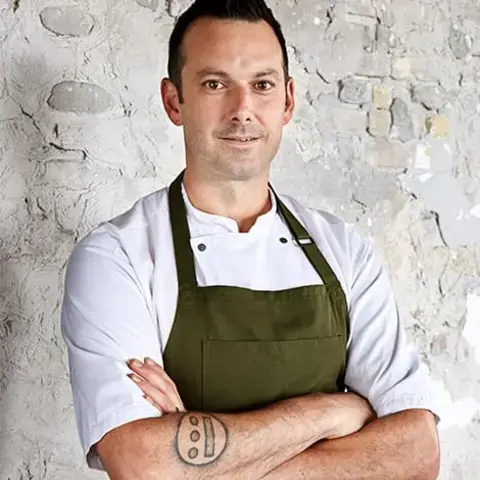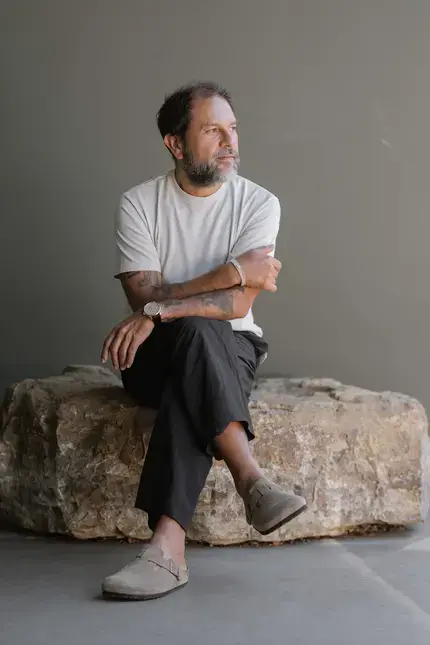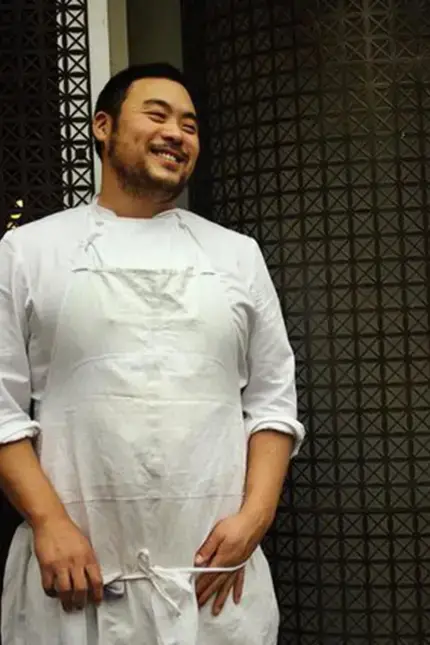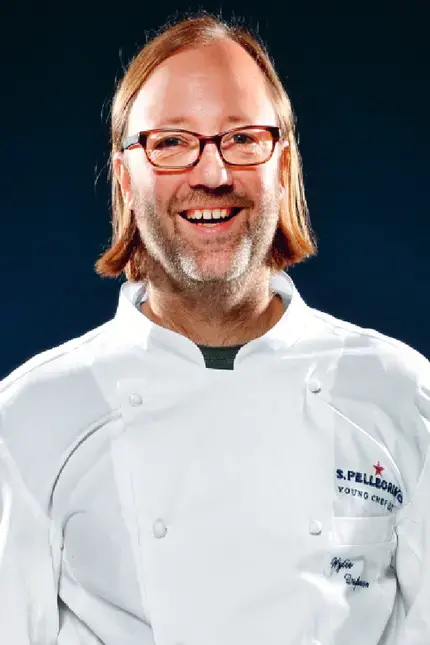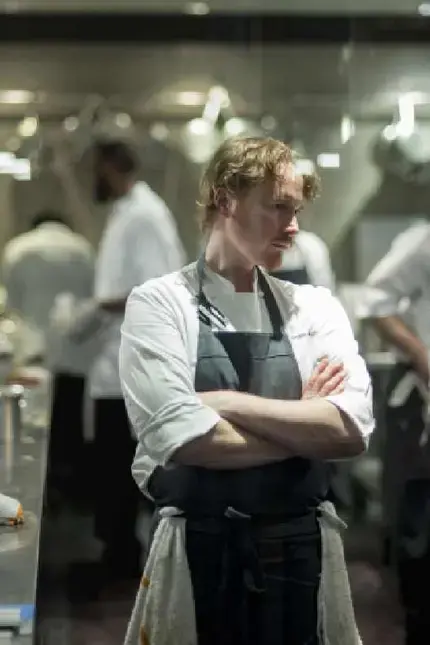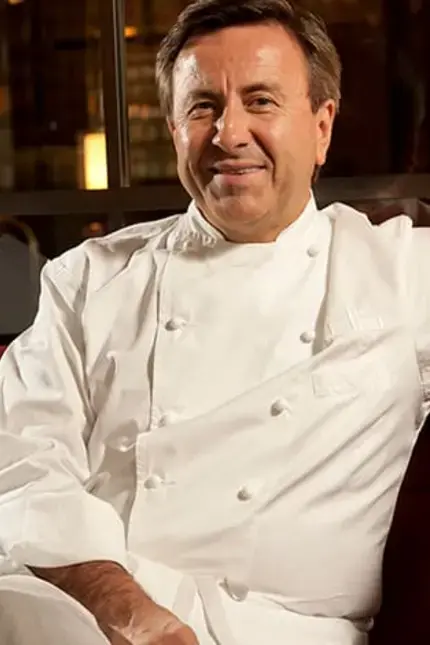Matt Orlando


The Chef
Matt Orlando has worked with some of the biggest names in the business: Eric Ripert, Raymond Blanc, Heston Blumenthal, Thomas Keller and René Redzepi. But as a chef committed to excellence in sustainability, he has made a name for himself. His Amass restaurant in Copenhagen is setting the benchmark for social and environmental responsibility, and Orlando is showing the world how food waste can be delicious.
The Californian chef’s journey from the kitchens of San Diego to owning his own restaurant in Copenhagen is a fascinating one, not least because of the calibre of chefs that have influenced him along the way. He spent time in New York with the James Beard award-winning chef Charlie Palmer at Aureole, before joining Eric Ripert’s three-Michelin star restaurant Le Bernardin. In pursuit of further development he moved to England to work at Le Manoir aux Quat’Saisons with Raymond Blanc, and then joined Blumenthal at The Fat Duck. It was here that he met René Redzepi, and his career took a pivotal turn.
Redzepi offered Orlando a sous chef role at Noma, where he was to stay for two years, learning the fundamentals of the New Nordic Cuisine, before heading back to New York to join Thomas Keller at Per Se. Three years later, Orlando was back in the kitchen at Noma, this time as head chef. But in July 2013 Orlando branched off in his own direction and opened Amass in a former warehouse on the outskirts of Copenhagen. It was the moment his whole career had been building up to.
The waterfront restaurant in Refshaleøen has its own garden, which grows herbs and vegetables, and informs much of the kitchen’s creative output. The menu at Amass was a celebration of foraging and nose-to-tail cooking, but it took time to develop its own unique character. Following a successful but hectic first six-months Orlando had a three-week break, during which he began to think seriously about responsibility. It set him on a mission to drastically reduce his restaurant’s carbon footprint, and within five years Amass had managed to reduce the amount of food it wastes by 75 per cent. It is now fully certified organic, ensuring at least 90 per cent of its food and drink is organic and pesticide free.
What would normally be considered food by-products have become products in their own right at Amass. Discarded herbs from the garden are dried, powdered, made into a paste, dried again and turned into green sheets of ‘garden nori’ like Japanese seaweed. Coffee grounds are added to kombucha and sugar to make coffee vinegar, which is then used in a range of dishes, from beet jerky to egg-white marshmallows (egg-whites are another ingredients that many kitchens discard).
The menu changes constantly with the seasons, the availability of produce, and whatever new innovations the chefs have created. Diners might expect to find a dish like roasted chicken skins with smoked fish stock, salted plum, radish and Lady’s Smock on the menu. Or perhaps some fermented potato bread with sunflower seeds, onion and black pepper. But Amass is less about signature dishes than signature ingredients. The kimchi here is made from fermented carrot skins and stems. Leftover curds are blended with koji barley, salt and lactate bacteria to make yoghurt miso. The pulp leftover from almond milk is blended with water and a little xanthan gum to make almond ricotta. And there are garums made with a range of cast offs, from egg whites to turbot roe. There’s only one rule: everything has to be delicious.
Orlando’s latest venture is a foray into the world of beer and brewing. Broaden & Build in Copenhagen is a bar and craft brewery with a progressive approach to pairing food with beer. With ales and stouts made with waste products like coffee grinds and parsnip peel, sustainability is central to the brewing process, and the end result is all about flavour. But sustainability and flavour is central to Matt Orlando’s philosophy, and the journey that took him through some of the world’s best kitchens has only just begun.

